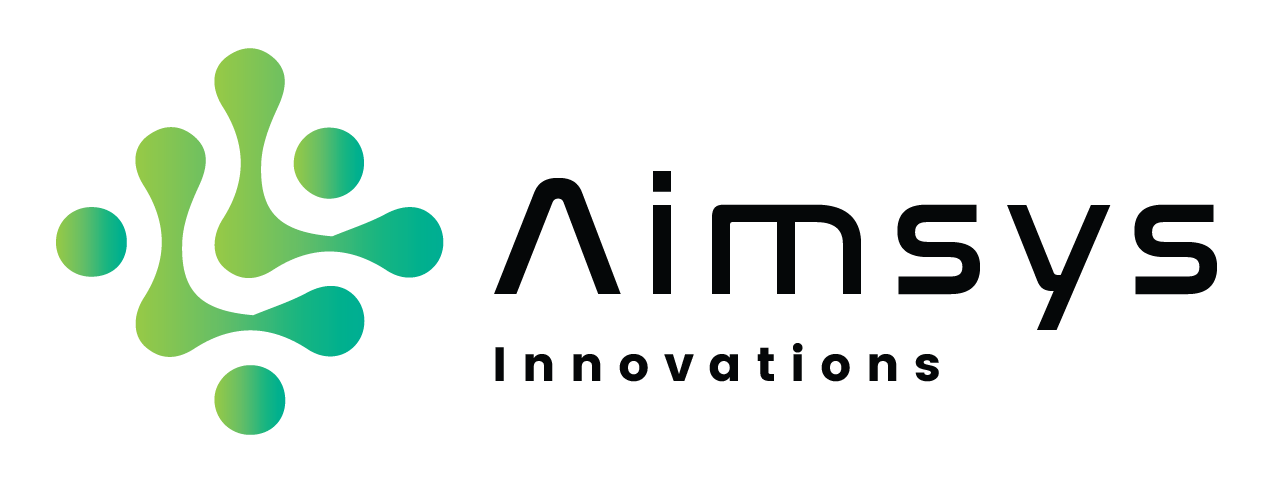Posted At: Aug 18, 2025 - 472 Views

🧑⚕️ Mobile Health Apps: The Future of Healthcare
The healthcare industry is undergoing a massive digital transformation, and mobile health (mHealth) apps are at the forefront of this change. From telemedicine and wellness tracking to AI-driven insights, these apps are not only enhancing the way patients and providers interact but are also shaping the very future of healthcare.
Let’s explore how mobile health apps are revolutionizing patient care and why they are becoming indispensable in modern medicine.
📌 The Rise of Telemedicine
Telemedicine has become one of the most significant advancements in digital healthcare, and mobile apps are powering its growth. With a smartphone in hand, patients can now connect with doctors, specialists, and therapists—anytime, anywhere.
Key Drivers Behind Telemedicine Growth:
- Accessibility: Telemedicine breaks down geographical barriers, allowing patients in rural or underserved areas to access quality healthcare without the need to travel.
- Convenience: Mobile health apps let users book appointments, consult doctors, and receive prescriptions—all from the comfort of home.
- Cost-Effectiveness: Both providers and patients benefit from reduced costs. Healthcare providers save on overhead, while patients save on travel and time away from work.
The COVID-19 pandemic accelerated telemedicine adoption, but its benefits have ensured that it will remain a core component of healthcare delivery moving forward.
📌 Wellness Tracking: Empowering Patients
Beyond consultations, mobile health apps also help individuals take a proactive role in managing their health. Wellness tracking has become a daily habit for millions of people worldwide.
Common Health Metrics Tracked:
- Physical Activity: Steps, distance, and calories burned.
- Sleep Patterns: Duration, quality, and sleep cycles.
- Nutrition: Calorie intake, macronutrients, and meal planning.
- Mental Health: Mood tracking, meditation, stress management, and mindfulness exercises.
How Wellness Tracking is Evolving:
- Personalized Health Management – Apps adapt recommendations based on individual goals and progress.
- Integration with Wearables – Devices like Fitbit, Apple Watch, and Garmin seamlessly sync data for a holistic health view.
- Community & Support – Social features and peer support networks encourage accountability and motivation.
By empowering patients with insights into their own health, these apps foster prevention over cure—a shift that’s critical for reducing chronic illness rates and healthcare costs.
📌 The Role of AI in Mobile Health Applications
Artificial Intelligence (AI) is redefining what mobile health apps can achieve. By analyzing vast amounts of data, AI delivers powerful, personalized, and predictive healthcare solutions.
Key AI Applications in mHealth:
- Predictive Analytics: AI identifies trends and risk factors in patient data, enabling early detection of conditions like diabetes, hypertension, or heart disease.
- Personalized Recommendations: Apps provide customized fitness routines, diet plans, and wellness tips based on user data.
- Enhanced Diagnostics: AI-powered symptom checkers and chatbots use NLP and machine learning to suggest possible conditions and next steps.
AI doesn’t replace medical professionals, but it augments decision-making, helping patients and doctors make smarter choices faster.
📌 Must-Have Features for Next-Gen Mobile Health Apps
To truly meet the needs of patients and providers, mobile health apps should integrate a mix of clinical and wellness-focused features:
- ✅ Personalized Health Insights
- ✅ Symptom Checker powered by AI
- ✅ Predictive Analytics for early risk detection
- ✅ Wellness Tracking (fitness, sleep, nutrition, mental health)
- ✅ Medication Management with reminders
- ✅ Telemedicine Integration for virtual consultations
- ✅ Health Goals & Challenges to drive engagement
- ✅ Community Support and peer forums
- ✅ Educational Resources for patient empowerment
- ✅ Emergency Features such as SOS alerts and health records access
Mobile health apps are not just convenient tools—they are transforming healthcare into a more patient-centered, accessible, and data-driven system. With telemedicine, wellness tracking, and AI-powered features, these apps empower individuals to take control of their health while supporting providers with smarter, more efficient tools.
The future of healthcare is mobile, and the apps we use today are paving the way for a healthier tomorrow.
